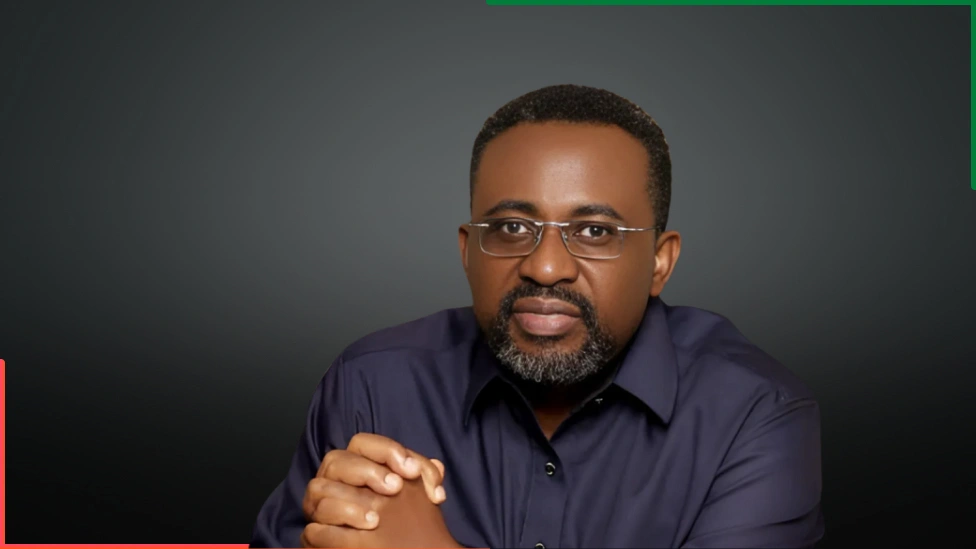By Prince Ahenkorah
The Cedi is taking a beating, but the Bank of Ghana (BoG) Governor, Dr. Johnson Asiama, is standing his ground, insisting the local currency remains fundamentally strong.
His comments come amid a fresh wave of pressure on the Cedi, fueled by weak remittance inflows and seasonal factors.
On Monday, the Cedi slipped further against major international currencies. The latest figures from the BoG show the US dollar selling for ₵12.16, the British pound at ₵16.46, and the euro at ₵14.24.
Speaking at the Monetary Policy Committee (MPC) meeting, Dr. Asiama downplayed the recent dip, arguing that the Cedi’s performance is still one of the best in the world. He highlighted that the currency has appreciated by a staggering 21 percent since the start of the year.
“Despite the seasonal pressures and a slowdown in remittance inflows, the Cedi remains one of the strongest currencies globally. Year-to-date, it has appreciated by about 21 percent as of September 12,” he stated.
According to the BoG boss, this resilience is not by chance. It’s the direct result of sound monetary policy, strengthened foreign exchange reserves, and tighter regulations designed to curb speculative attacks on the currency.
He pointed to Ghana’s gross international reserves, which stood at a healthy US$10.7 billion in August—enough to cover about four and a half months of imports.
The Governor also noted that Ghana’s economy is in a strong position, recording a trade surplus of US$6.2 billion for the first eight months of the year, driven by robust gold and cocoa exports.
He emphasized that the Cedi is holding its own against global heavyweights like the Russian ruble, Swedish krona, and even the euro and British pound.
The strong Cedi means lower import costs and less pressure on businesses that rely on foreign inputs.
Dr. Asiama, however, acknowledged that sustaining this positive momentum depends on a few key factors: maintaining strong exports, ensuring stable remittance inflows, and carefully managing Ghana’s exposure to volatile global commodity markets.
He ended with a strong commitment from the BoG to continue monitoring the market and intervening when necessary to protect the Cedi’s stability.
“We will not hesitate to act decisively to prevent volatility and ensure the gains made so far are not eroded,” Dr. Asiama concluded.


